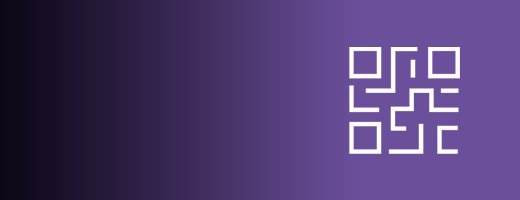Digital literacy
Digital literacy
Use and understand the power of modern tools, technologies and approaches to improve productivity, collaboration and creativity.
On this page
Why digital literacy matters to you
No matter your role, digital skills help you work smarter, adapt to new tools, and keep up with changes like remote work. They also make problem-solving easier, improve teamwork and boost productivity.
With digital literacy, you can:
- use digital tools and platforms confidently
- create and manage online content
- solve problems and collaborate effectively
- stay up to date with modern technology and take initiative
How you can demonstrate digital literacy
You can demonstrate digital literacy at work through various actions and behaviours, including but not limited to the following examples.
- Understanding the basics
- Continue learning to use basic technology tools, such as Microsoft Office Suite and Microsoft 365 apps, to effectively perform daily tasks
- Experimentation
- Explore and experiment with new digital tools, technologies, frameworks, and features to determine how they can apply in your work for improved results and productivity
- Collaboration using digital tools
- Use note-taking applications such as OneNote; transcription services; and collaborative platforms like GCXchange, GCconnex, GCcollab, GCwiki and Microsoft Teams to make communication, collaboration and documentation easier and more effective
- Digital content creation
- Create and edit documents, presentations and spreadsheets with digital tools such as Microsoft Word, PowerPoint or Excel, using features like spell check, grammar suggestions, AI content generators and design editors to improve content quality and accessibility and speed up production
- Solving technical problems
- Address basic technical issues based on training received from the organization, and know where to go to refresh knowledge or get guidance to maintain workflow continuity
- Seeking technical support
- Seek expert support to troubleshoot complex technical issues, learning to use advanced troubleshooting tools to resolve problems promptly
- Navigation and research
- Search for reliable, validated sources, such as government-approved websites, to find the latest work-related information and trends, ensuring that information synthesis is robust
- Managing information
- Use tools like SharePoint and GCdocs to organize and manage important information, ensuring that it is accessible, compliant with departmental policies and secure
- Learning and development
- Proactively apply GC digital policies and frameworks to enhance digital tools and processes, saving time, reducing effort and achieving effective results
How you can help
This is a work in progress, and we will continue to improve on it based on your feedback.
Share your thoughts and suggestions by email: icommunity-icollectivite@tbs-sct.gc.ca
